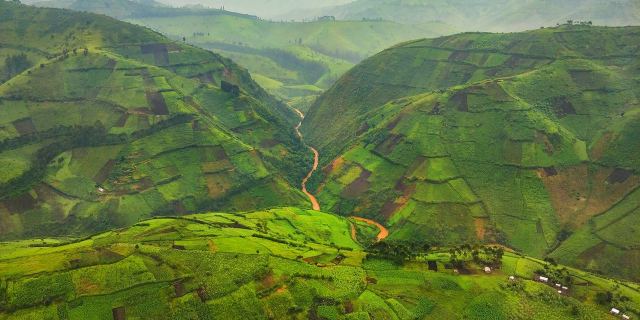South Sudan
Context of South Sudan
South Sudan (), officially the Republic of South Sudan, is a landlocked country in Eastern Africa. It is bordered by Ethiopia, Sudan, the Central African Republic, the Democratic Republic of the Congo, Uganda, and Kenya. Its population was estimated at 10,913,164 in 2022. Juba is the capital and largest city.
South Sudan gained independence from Sudan on 9 July 2011, making it the most recent sovereign state or country with widespread recognition as of 2023. It includes the vast swamp region of the Sudd, formed by the White Nile and known locally as the Bahr al Jabal, meaning "Mountain River". Sudan was occupied by Egypt under the Muhammad Ali dynasty and was governed as an Anglo-Egyptian condominium until Sudanese independence in 1956. Following the First Sudanese Civil War, the Southern Sudan Autonomous Regi...Read more
South Sudan (), officially the Republic of South Sudan, is a landlocked country in Eastern Africa. It is bordered by Ethiopia, Sudan, the Central African Republic, the Democratic Republic of the Congo, Uganda, and Kenya. Its population was estimated at 10,913,164 in 2022. Juba is the capital and largest city.
South Sudan gained independence from Sudan on 9 July 2011, making it the most recent sovereign state or country with widespread recognition as of 2023. It includes the vast swamp region of the Sudd, formed by the White Nile and known locally as the Bahr al Jabal, meaning "Mountain River". Sudan was occupied by Egypt under the Muhammad Ali dynasty and was governed as an Anglo-Egyptian condominium until Sudanese independence in 1956. Following the First Sudanese Civil War, the Southern Sudan Autonomous Region was formed in 1972 and lasted until 1983. A second Sudanese civil war soon broke out in 1983 and ended in 2005 with the Comprehensive Peace Agreement. Later that year, southern autonomy was restored when an Autonomous Government of Southern Sudan was formed. South Sudan became an independent state on 9 July 2011, following 98.83% support for independence in a January 2011 referendum. It has suffered ethnic violence and endured a civil war characterized by rampant human rights abuses, including various ethnic massacres and killings of journalists by various parties to the conflict from December 2013 until February 2020, when competing combat leaders Salva Kiir Mayardit and Riek Machar struck a unity deal and formed a coalition government, paving the way for refugees to return home.
South Sudan is a developing country, and is as of 2022 one of the poorest countries in the world by GDP per capita. The South Sudanese population is composed mostly of Nilotic peoples, and it is demographically among the youngest nations in the world, with roughly half under 18 years old. The majority of inhabitants adhere to Christianity or various Indigenous faiths. The country is a member of the United Nations, the African Union, the East African Community, and the Intergovernmental Authority on Development.

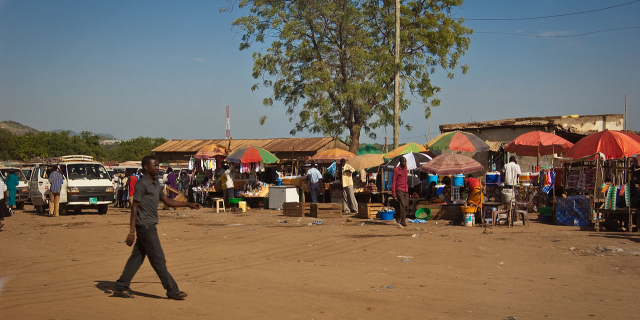

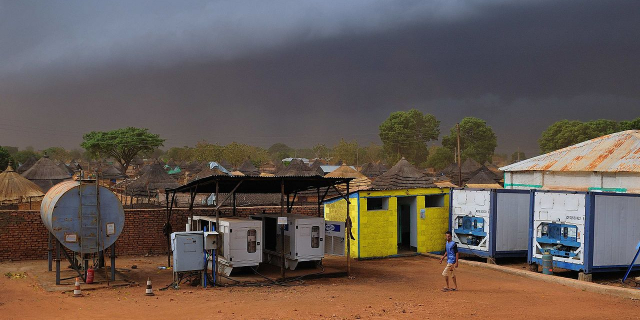


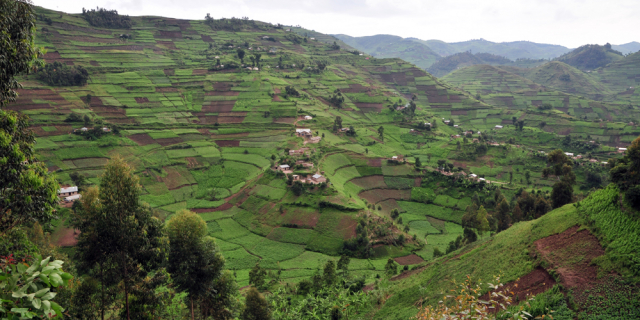

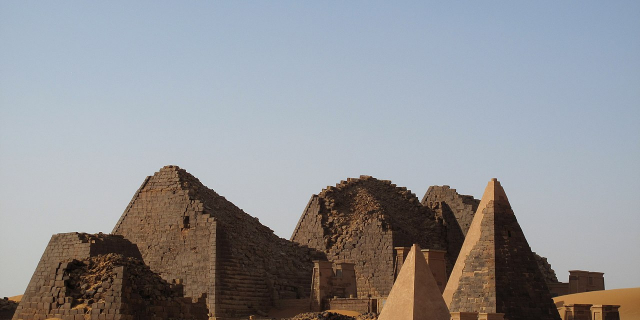






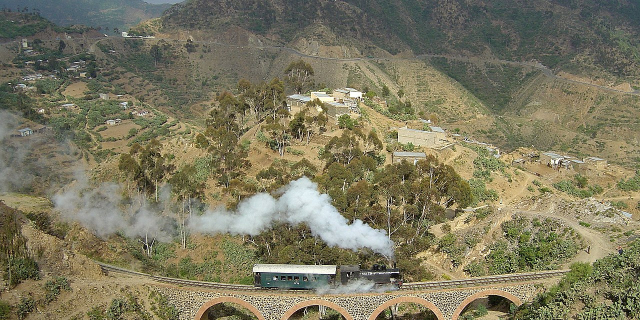



![Cliff Kemper[2] - CC BY-SA 2.0](/sites/default/files/styles/640x320/public/2022-03/Serengeti_gazelles.jpeg?h=ead717b0&itok=JsZMti_M)
